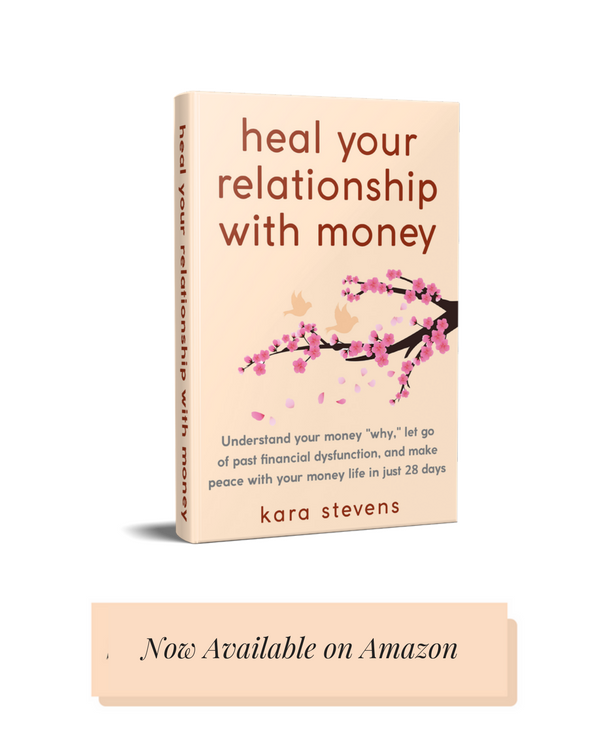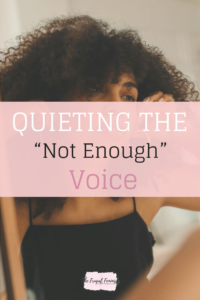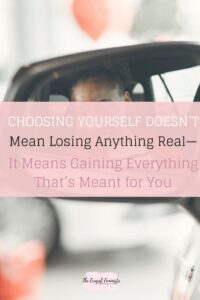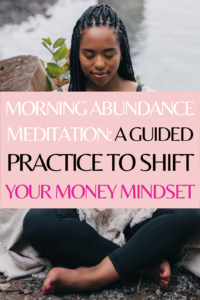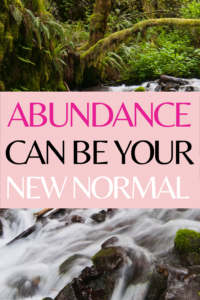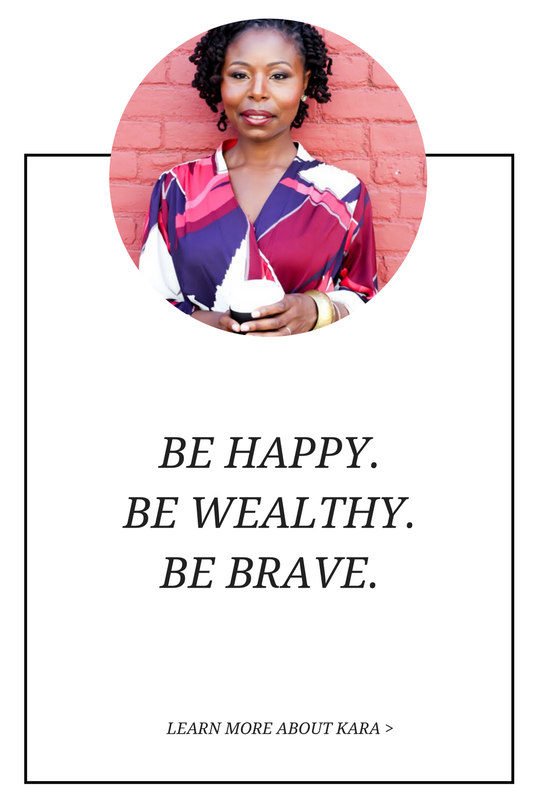 Doctors seeking to provide the best care possible to the ill that they serve—who have only exposed themselves to Western Medicine—only have tools to diagnose and medicines to address symptoms rather than to cure, if they fail to expose themselves to other ideologies of health and well being.
Doctors seeking to provide the best care possible to the ill that they serve—who have only exposed themselves to Western Medicine—only have tools to diagnose and medicines to address symptoms rather than to cure, if they fail to expose themselves to other ideologies of health and well being.
Therapists trained only in Freudian concepts know only talk therapy and exploration of childhood memories, if they haven’t explored other theories or more activity oriented or spiritually based treatment modalities.
So too the cook who uses only the five spices that fill his or her cabinet, the poet who only knows writing prose, the statistician who only knows two forms of analysis, are limited. There’s a world of resources available to sharpen their craft that they’re missing out on.
In the words of Abraham Kaplan, “I suppose it is tempting, if the only tool you have is a hammer, to treat everything as if it were a nail.” This is called, “The Law of The Hammer”. It is what we do when we have limited perspectives. We do this both in career and relationships. I propose that having only one tool in your toolbox is a fundamental challenge to both success and arriving at the heart of a matter.
I offer the following things to consider in your aims to diversify your knowledge base:
1. Talk to people who have differing perspectives from you. While it is tempting to discuss issues with friends who have similar worldviews to you or colleagues who have been trained in the same framework as you, when trying to solve a problem, you will find benefit in talking to people who differ in opinion or perspective. So, professionally, see what people in other disciplines are saying about your subject matter and instead of talking to your friends find an online forum with people outside your network and see what they think.
2. Be a constant consumer of information. As a researcher it is tempting to spend all my time reading things in my area of expertise—after all, my work depends on it. However, I challenge myself to constantly read books and blogs on varied subjects—personal growth, science, economics, sociology, political science or metaphysics—and I often get brand new ideas that I can apply to my work.
3. Go on vacation. Traveling gives you a two-fold benefit. You unclutter your mind, and in so doing, you allow the creativity that exists as a reservoir within each of us, to rise up and inspire new and distinct thought. Second, you observe people in their own life context, interacting in the world, and problem solving in ways that compliment yours.
4. Seek formal education. There are many routes to perfecting yourself and expanding your knowledge. The suggestion of seeking formal education does not necessarily apply to college or advanced degrees—though they are also options. There are, at home courses, free online courses, you tube videos or conferences in varied areas that can strengthen an already naturally existing or previously trained area of expertise.
5. Question whether or not it’s a nail! At the end of the day, I’m not criticizing your hammer. Use your hammer if you want. It’s gotten you this far, but the next time you go to use it stop and ask, “Is this even a nail?”
Can you relate to this piece? How so?


